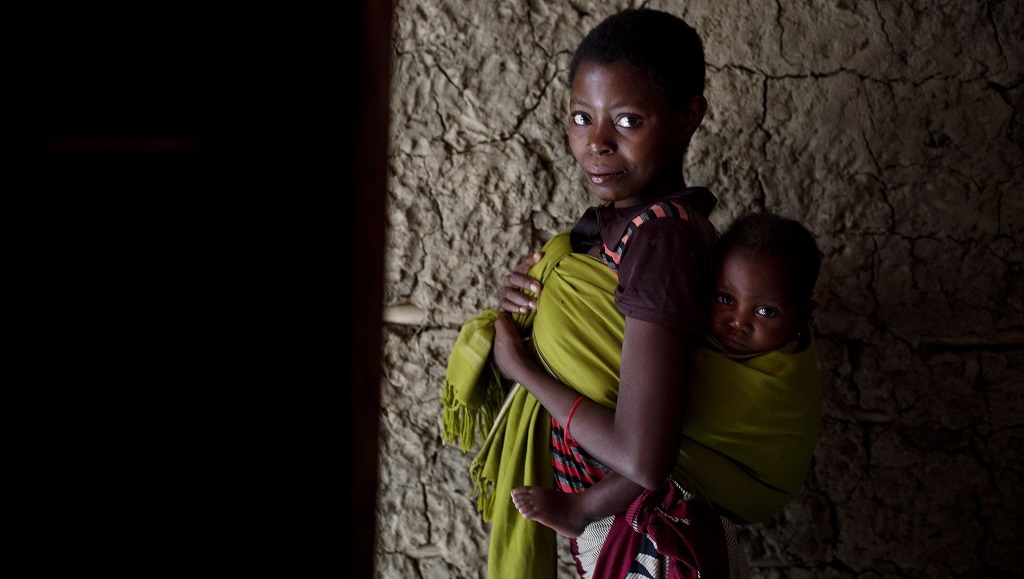![]()
Child Health
The world has made substantial progress in reducing child mortality in the past few decades. Globally, the under-five mortality rate dropped from 93 deaths per 1,000 live births in 1990 to 41 in 2016. This remarkable progress in improving child survival since 2000 has saved the lives of 50 million children under age five. While tremendous achievements have been made, the degree of these advances varies greatly from region to region. In sub-Saharan Africa, for example, 1 in 9 children dies before their fifth birthday — more than 15 times the average for developed regions. Common causes of death in children, such as pneumonia, diarrhea, malnutrition and malaria, are preventable and treatable with proven child health interventions.
MCSP was a vital contributor to the global movement to prevent child deaths. We strove to protect children from diseases and to improve their access to lifesaving treatments globally and in select USAID priority countries. In those countries and regions with greatest need, we built the capacity to plan, leverage resources, and scale up high-impact, cost-effective child health interventions, and extended them to hard-to-reach populations and those with limited access to child health services.
We assisted countries in setting achievable child survival targets, while establishing mechanisms for regular review and joint accountability for results. MCSP also encouraged partner coordination and supported joint work planning led by host governments and inclusive of civil society organizations and private sector partners. The Program focused on the continuum of care for children from household to hospital, building on the achievements of USAID’s predecessor Maternal and Child Health Integrated Program (MCHIP). In strengthening families’ access to child health services, MCSP focused on the health system, developing strong links between facility- and community-based services.
The Program worked at the national and local levels to support countries with:
- Development and updating of or change in policies and guidance, strategic planning, and health systems strengthening (e.g., supply chain or human resources strategies)
- Introduction of Emergency Triage, Assessment and Treatment training, mentoring or supervision, and/or data collection and use at referral health facilities
- Integrated Management of Childhood Illness (or other basic sick child treatment services) pre- or in-service training, supervision and mentoring, and data collection and use at health facilities
- Integrated Community Case Management (iCCM) training, supervision, equipment, supplies, and/or data collection and use by community-based health workers outside of facilities
- Activities that create demand for child health services and activities or approaches that promote appropriate family practices
- Systematic efforts to improve the quality of child health services provided at the facility or community levels and data collection on quality improvement activities (including outcome measurements)
- Technical assistance and support to advocate for and mobilize resources available for child health services
MCSP also served as the Secretariat of the Child Health Task Force (CHTF) (formerly the iCCM TF, 2009-2017). The mandate of the task force expanded from iCCM to child health after recognizing that increasing access to curative care through iCCM alone was not enough to achieve the health-related Sustainable Development Goals for children.
The Program led the work of the CHTF, a global and country-level multi-stakeholder group led by a Steering Committee comprising UNICEF, the World Health Organization (WHO), USAID, Global Financing Facility (GFF), the UK Department for International Development (DFID), CORE Group, and ministries of health. The goal of the CHTF was to strengthen equitable and comprehensive child health programs focused on children aged 0 to 18 in line with Global Strategy for Women’s, Children’s and Adolescents’ Health (2016-2030). As Secretariat, MCSP was the convener of the Steering Committee and the nine Subgroups of the Child Health Task Force. The Program also led knowledge management of the Task Force.

